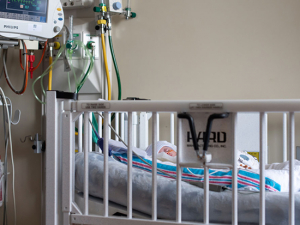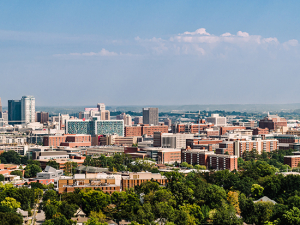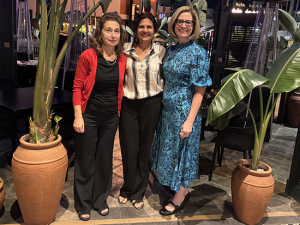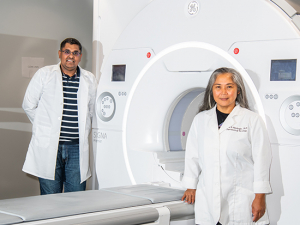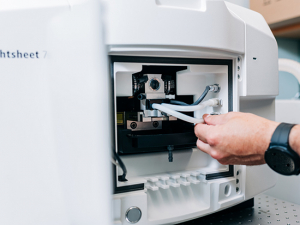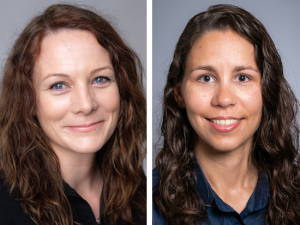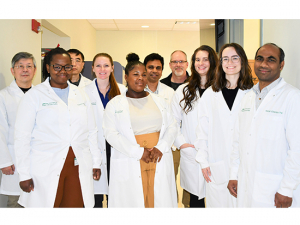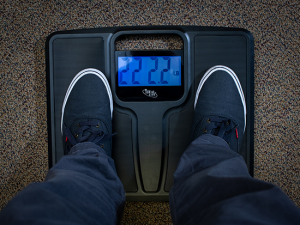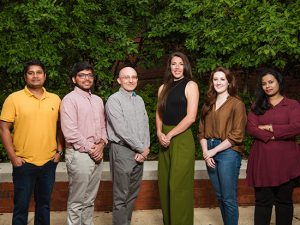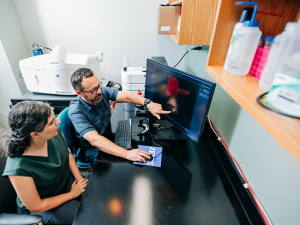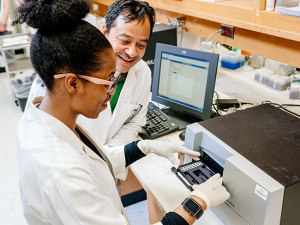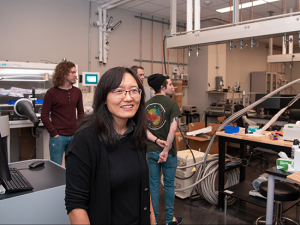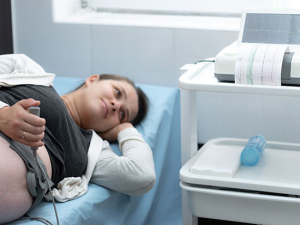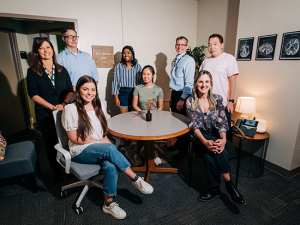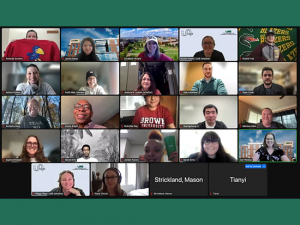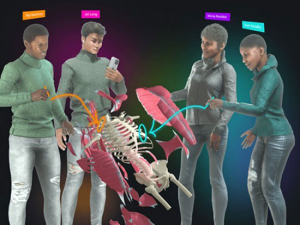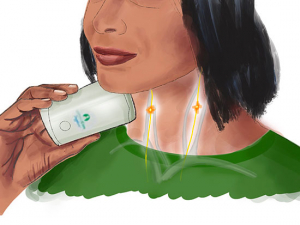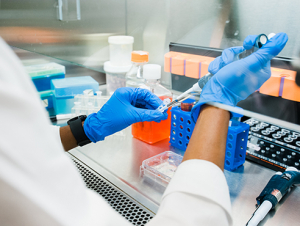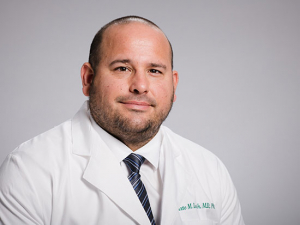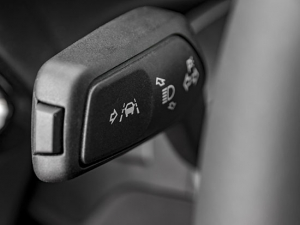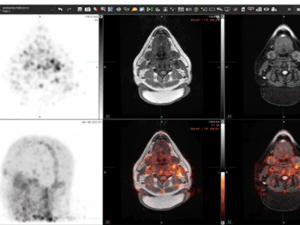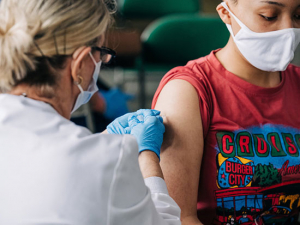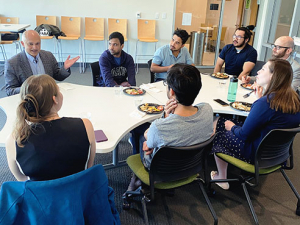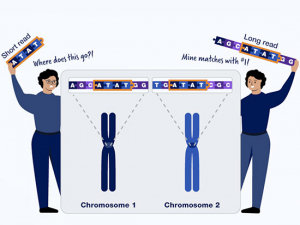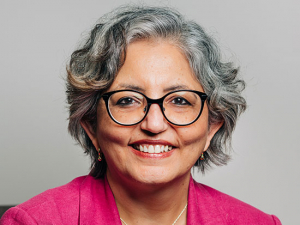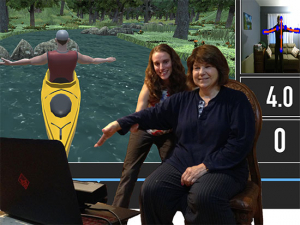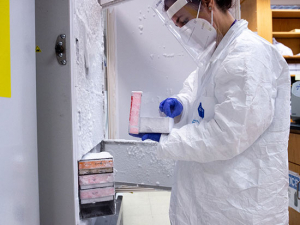Eligible enrolled participants will receive:
- Supervised exercise training at no cost
- Blood pressure medication at no cost
- Convenient parking at no cost
- Compensation for time
If you are interested, please call 205-996-3005 and mention The ACES Study or apply here -https://www.uab.edu/medicine/exercise/volunteer-clinical-trials/aces-trial.
This research aims to explore whether a 16-week, home-based exercise program tailored specifically for Black/African Americans with MS can improve walking difficulties, ease symptoms, and enhance quality of life for those living in the South.
You may qualify if you:
• Are between 18 and 64 years old
• Have been diagnosed with MS
• Self-identify as Black or African American
• Live in the Southern United States
What’s involved?
• A personalized exercise program you can do at home
• Personalized support from a coach throughout the program
• Compensation of $90 for completing all study visits
For more information, contact Denise Gomez at enrl@uic.edu or call (833) 727-1887.
Help us find out by joining our study. The University of Alabama at Birmingham, Department of Nutrition Sciences, is conducting an exciting research study, in collaboration with Pennington Biomedical Research Center, to investigate whether intermittent fasting or calorie restriction (i.e., losing weight) can improve health and slow the aging process.
If you are randomly selected to do calorie restriction, you may lose weight by eating less. If you are randomly selected to do intermittent fasting, you will fast for 16 hours per day and eat dinner by 6 pm about 6 days per week (1 break day per week). We want you to be successful: the study provides intensive coaching and support to help you successfully lose weight or practice intermittent fasting.
To qualify, you should:
Be 25-45 years old
Have a BMI between 22-30 Calculate your BMI here
Be healthy
Not currently taking any medications or supplements for chronic conditions
Not smoke, vape, or use tobacco products currently or within the last 6 months
Not currently participate in a regular program of heavy physical activity (e.g., jogging, running, or riding fast on a bicycle for 30 minutes or more per day)
The study involves collecting a medical history, body fat and bone scans, blood draws, urine collection, questionnaires, and other simple tests. Participation in the study will last approximately 7 months. Compensation of up to $1,500 is offered for the completion of this study. If you are interested in participating and think you may be eligible, please click the button below to screen online, call 205-934-1457, or email dial@uab.edu.
You may be eligible to participate in a research study about the effects of Sacubitril/Valsartan or Valsartan on your body’s 24-hour rhythm of a hormone in your blood called natriuretic peptides. This hormone and the study medications are related to the heart. Eligible participants must be obese (BMI: 30-45 kg/m2) men and women and have no history of diabetes, heart problems, or kidney problems. The study involves consuming prepared meals, wearing a blood pressure monitor for 24-hours, a 24-hour inpatient stay, and collecting blood and urine samples. The meals will be provided at no cost. Participants will be compensated $560 for completing the study visits. Please e-mail Nehal at PRECISION-BPSTUDY@uabmc.edu if you are interested.
Overweight/Obese adult volunteers needed for study If you are between the ages of 18 -89 yrs and have a body mass index > 30 kg/m2 you may be eligible to participate in a study exploring the reason why individuals who have high BMI have an increased risk of forming calcium oxalate kidney stones. Participation involves eating study-provided meals for 4 days, providing urine and blood samples. Study meals are provided free of charge and additional compensation up to $140 is offered. For more information call 205-934-5712 or email kidneystone@uabmc.edu or kidneystoneresearch@uabmc.edu
Adults with Type 2 Diabetes needed for a study If you are between the ages of 18 -89 yrs and have type 2 diabetes you may be eligible to participate in a study exploring the reason why individuals who have diabetes have an increased risk of forming calcium oxalate kidney stones. Individuals who are obese, overweight, or normal weight are all welcome to the study. Participation involves eating study-provided meals for 4 days, providing urine and blood samples. Study meals are provided free of charge and additional compensation up to $140 is offered. For more information, call 205-934-5712 or email kidneystone@uabmc.edu or kidneystoneresearch@uabmc.edu.



